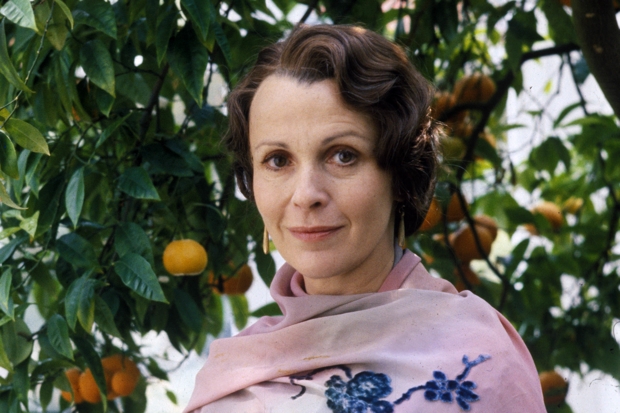In the autumn of 2012, Philip Roth told a French magazine that his latest book, Nemesis, would be his last. The storm of interest this created was surprising, given that he was 78. His creative spurt in his seventies (inexplicable, according to Roth: ‘my breakfast cereal stayed the same’) had given fans the illusion that, in the words of his fictional alter-ego Nathan Zuckerman, ‘one’s story is not a skin to be shed….You go on pumping it out till you die, the story veined with the themes of your life.’
Roth, however, has now shed the skin of fiction; he is ‘unbound’ because he is no longer ‘chained to his talent’. (In one interview, he extols the sheer joy of taking naps.) This, in turn, releases Claudia Roth Pierpont (no relation) to write Roth Unbound — ‘a critical evaluation of Philip Roth’, poised between literary criticism and biography.
This could have been the stuff of Roth’s nightmare afterlife: ‘is this what eternity is for, to muck over a lifetime’s minutiae?’ In both interviews and fiction, he expresses a deep dislike both of jargon-ridden literary criticism and intrusive biographies. ‘The dirt-seeking snooping calling itself research is just about the lowest of literary rackets,’ says Zuckerman to a would-be biographer — though Roth characteristically gives the biographer a telling comeback: ‘And the savage snooping calling itself fiction?’
Pierpont, however, triumphs in a lucid, tender, illuminating study, beautifully poised between intimacy and detachment. This balancing act is partly down to her privileged status. Roth has talked to her over many years, let her ‘prowl through the files in his attic’, yet has ‘done all of this with the understanding that he would not read a single word in advance of publication’.
Not quite as liberating as the pledge never to read it; but obviously enough to free Pierpont to be candidly sharp in some of her judgments.







Comments
Join the debate for just £1 a month
Be part of the conversation with other Spectator readers by getting your first three months for £3.
UNLOCK ACCESS Just £1 a monthAlready a subscriber? Log in